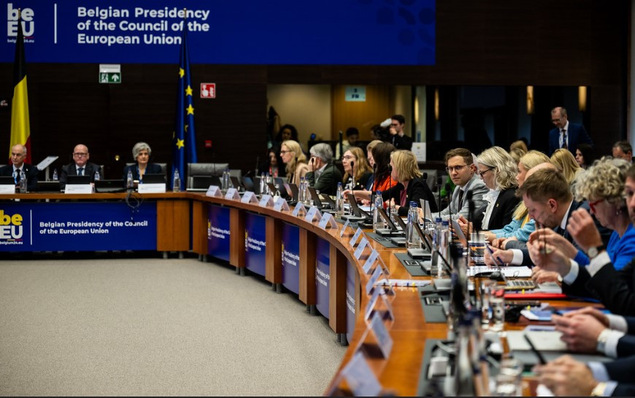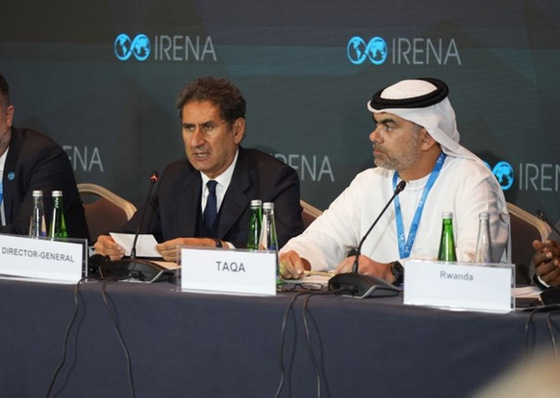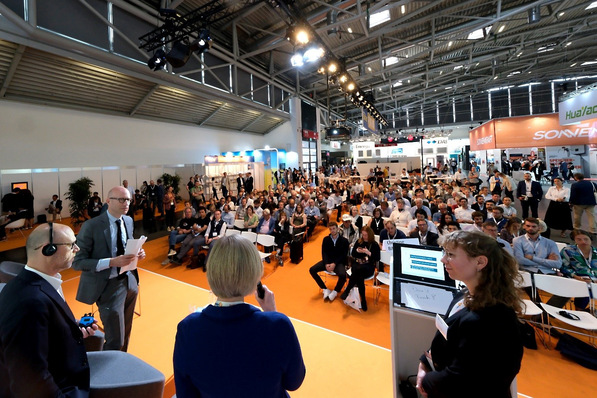In fact, the PPA market for renewable generation assets has seen a significant rise in the £ per megawatt hour value achieved by generators, particularly in the short-term market (deals 1 – 3 years in length). This has been driven by higher wholesale power prices and is especially notable in the Feed-in Tariff (FiT) market. A growing number of FiT generators opt for PPAs instead of the administered export rate.
In a written statement released recently, Lee Drummee, Analyst at Cornwall Insight, said:
“According to our PPA market share report, more parties are entering the market. In particular, smaller green suppliers looking to back renewable energy supply tariffs against green power purchased directly from generators, instead of or alongside Renewable Energy Guarantees of Origins (REGOs).
See also: Spain and UK most active PPA markets in Europe
As such, the renewables PPA market remains highly competitive with value retention levels for generators remaining high amid a competitive offtake market. Some offtakers have even reported that winning PPA bids in competitive tenders and auctions appear to be mispriced or loss-making.
Strong interest in long-term fixed price PPAs
Differing views on forward wholesale power prices, particularly captured prices for intermittent renewables due to price cannibalisation, is one reason behind this trend. Wider strategic moves, including sourcing green power to back renewable supply tariffs, only add to this competitive space.
Market participants have noted that there is a high level of interest in long-term (5 – 15 years) fixed price PPA deals. However, concerns surrounding price cannibalisation remains a barrier to securing these longer-term deals. According to market participants, the difficulty in hedging prices for delivery in later years of contracts has made these deals hard to close. Only a small number of offtakers can offer long-term fixed prices.
Slim price benefits create difficult negotiations
Increased interest in corporate PPAs continues to be noted, but a gap in expectations between offtakers and corporates remains, according to our survey, and slim price benefits create difficult negotiations.
Also interesting: PPAs for battery storage emerging
Looking ahead, developers of new-build assets are continuing to assess their best route to market options ahead of the fourth Contracts for Difference (CfD) allocation round. These project developers are approaching many offtakers; however, developers also weigh up the CfD versus alternative routes to market such as corporate PPAs and utility PPAs.” (mfo)







